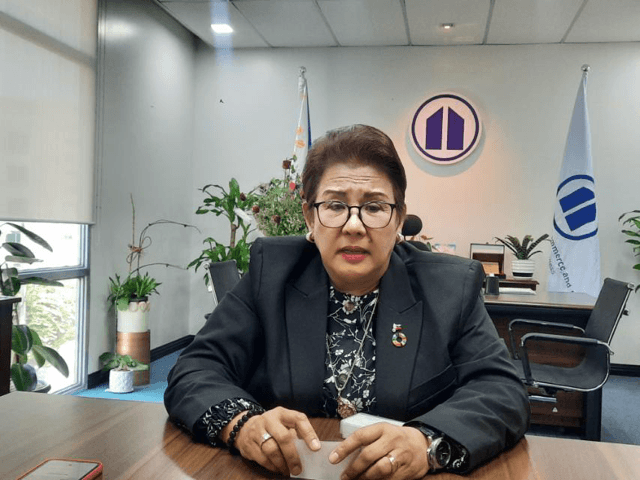The Philippine Chamber of Commerce and Industry (PCCI) is set to sign a memorandum of understanding (MOU) with its private sector counterpart in Brunei for the promotion of more agricultural trade and investments, and agriculture technology during the state visit of President Marcos on May 28-29.

PCCI President Enunina “Nina” Mangio told reporters that the MOU between PCCI and National Chamber of Commerce and Industry (NCCI) of Brunei will provide a framework for possible collaboration in the area of agriculture and agriculture technology.
“We are looking at new technologies from Brunei that can help our farmers, more of technology partners because they have very advanced agriculture water technology,” said Mangio, who also cited the successful irrigation system of Brunei for their farms.
The Philippines is bigger in size compared to Brunei, but Mangio said that Brunei has rapidly advanced its technologies, making its agriculture sector very successful.
While the Philippines is exporting fruits and electronics to Brunei, Mangio emphasized that the PCCI interest will be focused in agriculture and manufacturing. She expressed hopes to bring a bigger business delegation just like the previous visits of the President to other countries, such as Vietnam and Indonesia.
She also sees more opportunities for collaboration between Filipino and Brunei companies in the agriculture and agriculture processing ventures.
As Brunei is a predominantly Muslim country, Mangio mentioned that PCCI will be mounting a Halal Trade and Investment Forum next month under the umbrella Brunei-Indonesia-Malaysia-Philippines (BIMP) East ASEAN Growth Area (EAGA). According to Mangio, BIMP countries are expected to send 20 delegates each to the forum.
She cited the huge potential of halal industries among EAGA countries, which have huge Muslim population. “The business of halal amounts to billions of dollars, including its supply chain,” Mangio said.
She noted that the Philippines needs to have halal certifying agency that is also recognized internationally to ensure that domestic halal suppliers can participate in the global supply chain.